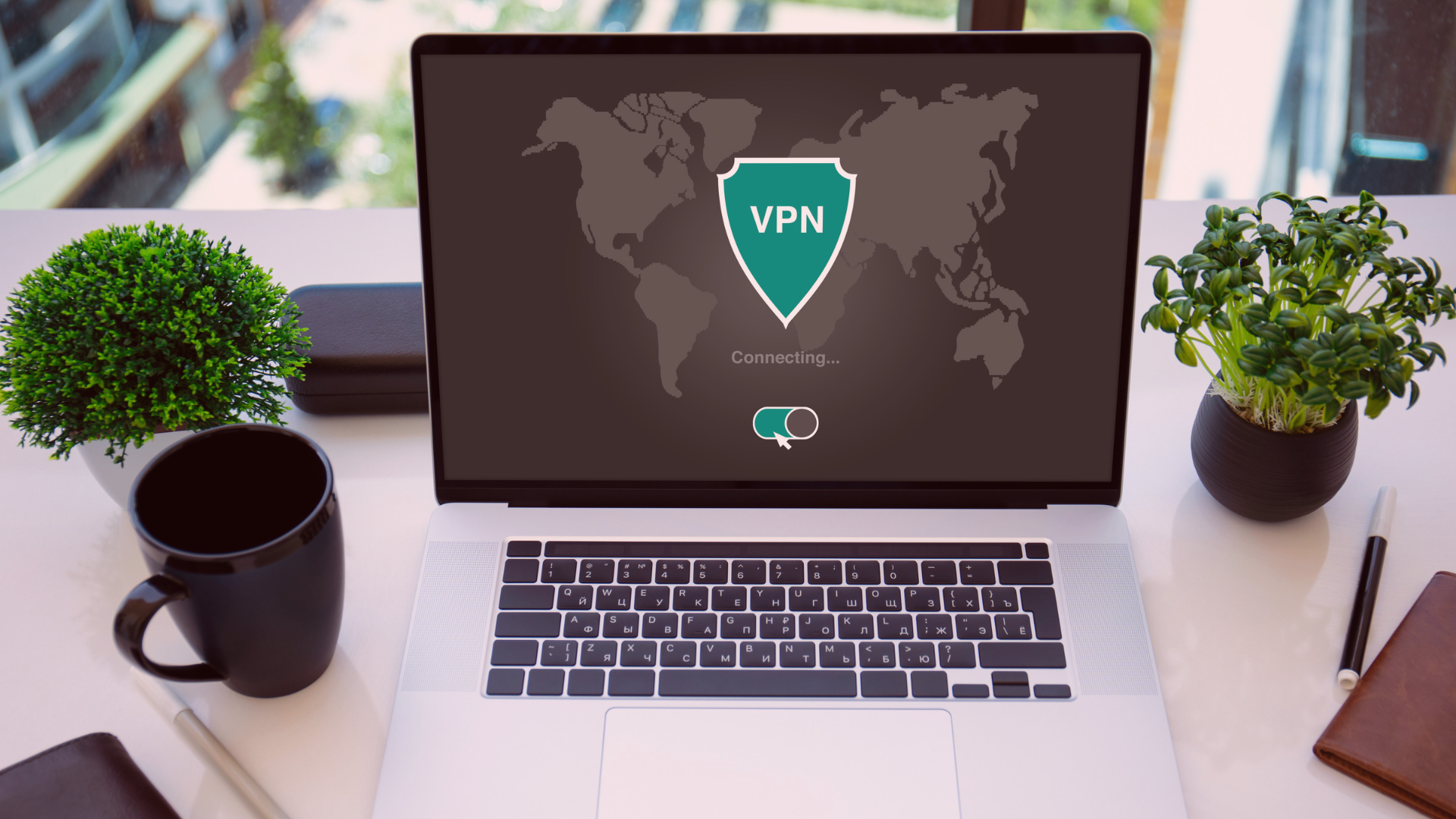China’s internet censorship has been a talking point over the last few years. As a result, many overseas assignees have increasingly relied on virtual private networks (VPNs) to circumvent some restrictions.
VPNs are becoming increasingly essential as they provide access to the internet in many countries with restrictions. With its ever-evolving web of digital infrastructure and sweeping bans on content, these tools have become almost indispensable in China.
Are VPNs Necessary?
Although laws restrict content and online freedom of speech, many use VPNs to circumvent government firewalls and access sites under restriction. As a result, VPNs have become an invaluable tool for Chinese citizens trying to access information for research purposes or remain connected with family and friends abroad.
VPNs are necessary for three main reasons. First, VPNs serve as a portal, granting you access to restricted sites that you would typically be able to access in the UK. Additionally, websites like PayPal may block your access or shut down your account if it gets flagged. Using a VPN as if you are in your home country can stop your activity from being marked as suspicious. With the right service provider and set-up, a VPN can provide much-needed peace of mind knowing that your data is kept private amidst the often oppressive digital landscape in China today. Using a VPN also encrypts your connection, preventing hacking through unstable wifi-connections. Such a safety measure can also be essential when navigating more sensitive topics such as human rights movements.
Which Platforms Has China Banned?
For those living or travelling in China, access to the internet is highly regulated and monitored. The government banned several platforms, including those owned by Google (Youtube, drive search), Twitter, LinkedIn and Meta (Facebook, Instagram, Whatsapp), for their anti-censorship of Chinese-related topics. The most recent victim has been Microsoft’s Linkedin, which has impacted the search for talent in China. Furthermore, foreign nationals in China have additional restrictions on these and various other websites related to news and communication services. However, a Virtual Private Network (VPN) can bypass these blocks.
In addition, this simple action enables those travelling through or living in China to stay connected to family abroad and access data from overseas sources.
Which VPN Should I Use?
There are numerous VPNs available in China, some official and some unofficial. One of our favourite options for IT support is TopGlobalIT. This provider can help you navigate the different VPN options safely and effectively, ensuring you can browse quickly and securely from anywhere in the world. TOP Global IT Beijing LTD has been a professional and cutting-edge firm connecting the world since 2008. They offer their clients a range of applications, from computer maintenance services to hardware/software sales – all backed by Microsoft Certified Systems Engineer Charlie Wang. Choosing a quality VPN that keeps your identity, activities and data safe online is essential, so consult a reputable company and a trustworthy team first.
Questions on how to get started with a VPN? Get in touch with us for more information!
For more insights into life in China, advice for Expats, and regular Covid updates, follow our socials and stay up to date with our news page.



